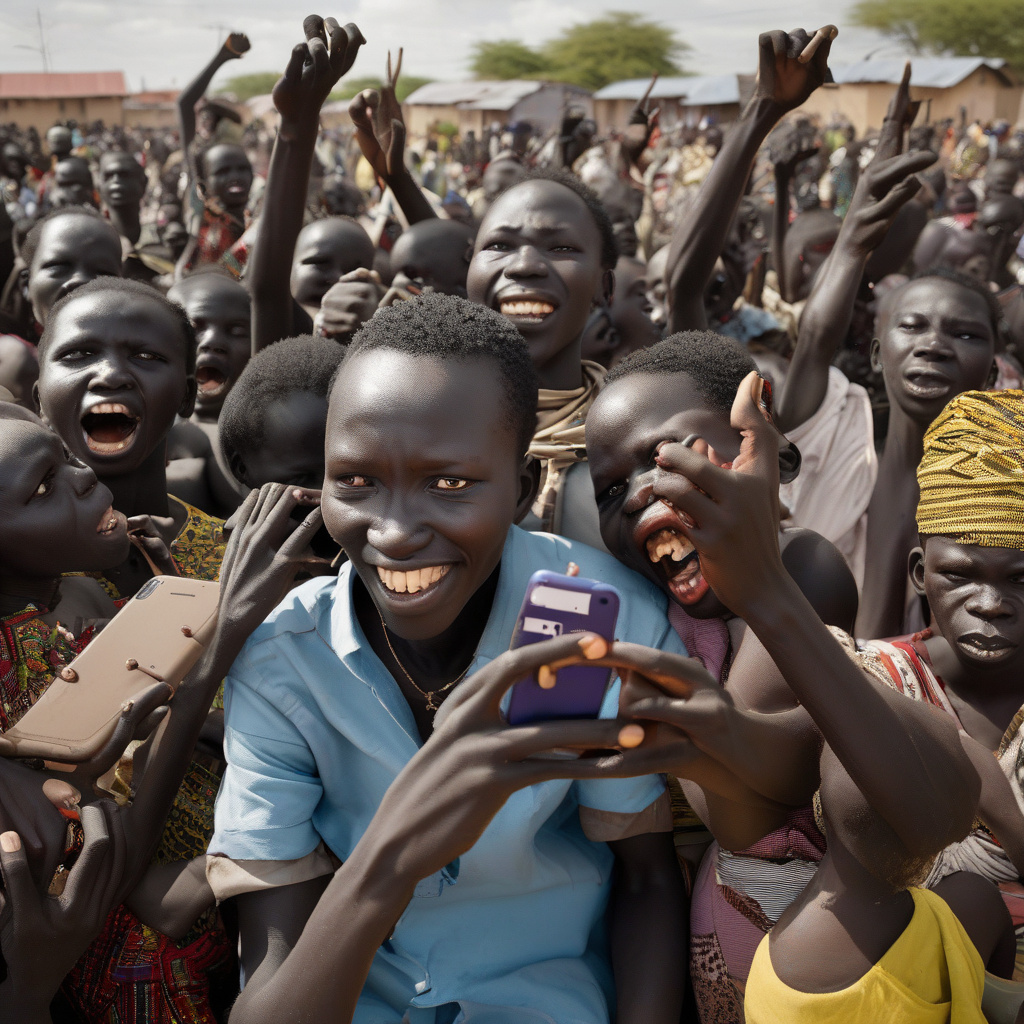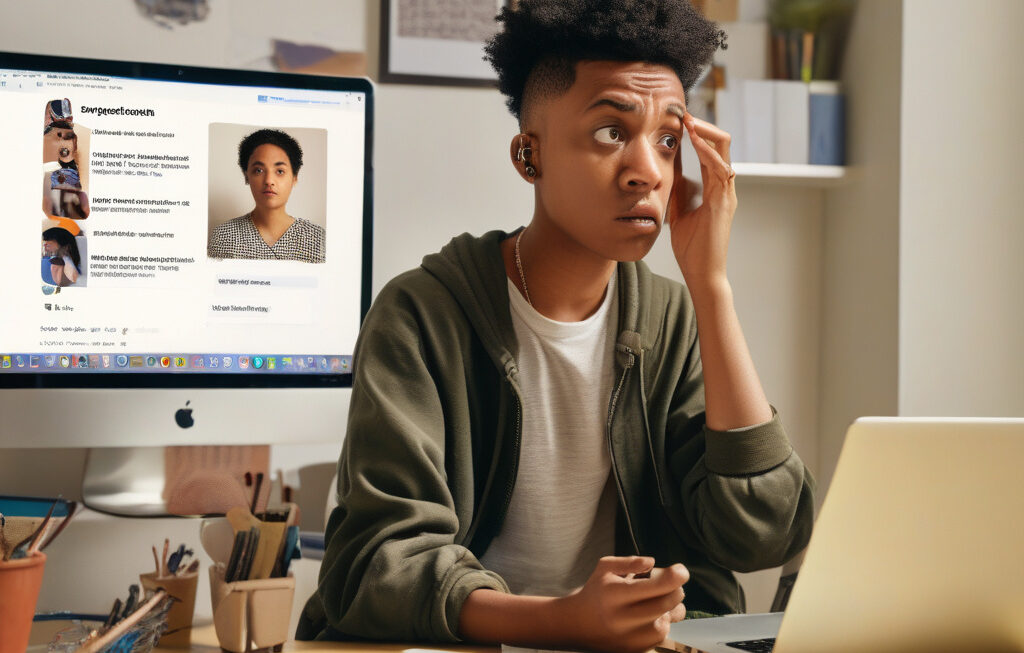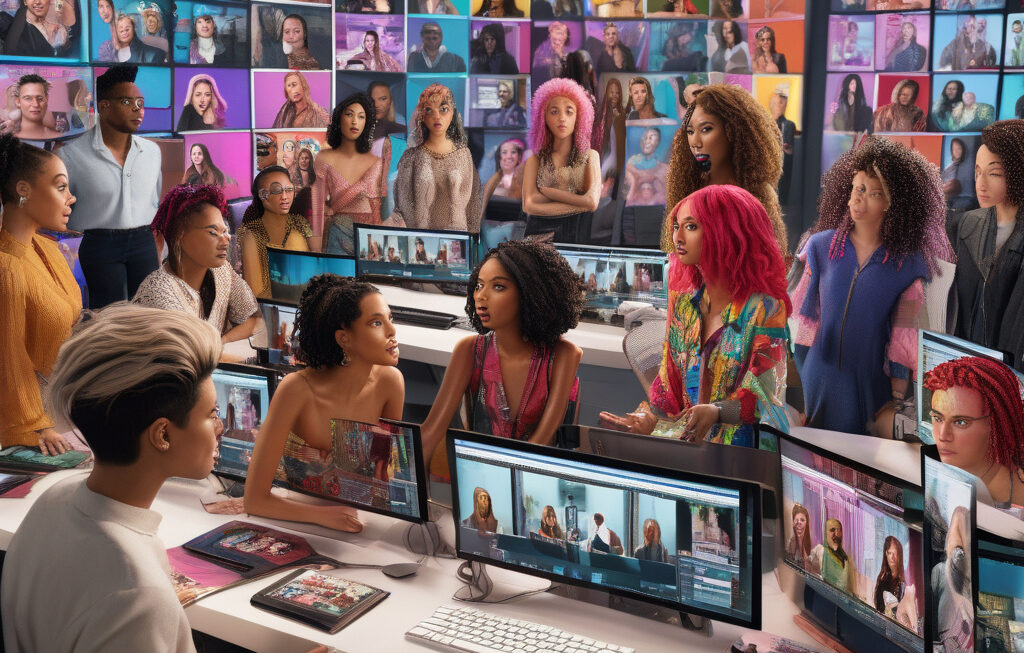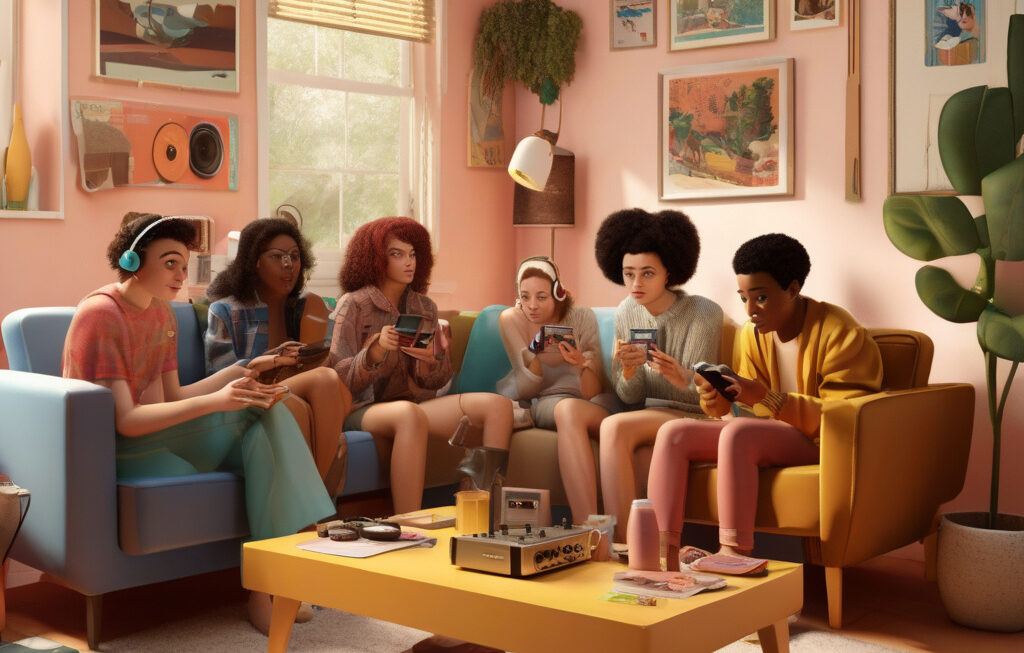South Sudan Lifts Ban on Facebook and TikTok After Violent Unrest
In a move to address the delicate balance between online safety and public rights, South Sudan has recently lifted the ban on social media platforms Facebook and TikTok. The decision comes in the wake of violent unrest that gripped the nation, prompting authorities to reassess their approach to regulating online content.
The ban on Facebook and TikTok was initially implemented as a response to the role of social media in fueling tensions and inciting violence during the unrest. However, the blanket ban raised concerns about freedom of expression and access to information, highlighting the complexities of navigating the digital landscape in a fragile political environment.
By lifting the ban, South Sudanese authorities are signaling a willingness to engage in a more nuanced approach to regulating online platforms. Recognizing the importance of social media in facilitating communication and connectivity, especially in times of crisis, the decision to restore access to Facebook and TikTok reflects a commitment to upholding public rights while also addressing the challenges of maintaining online safety.
The move to lift the ban underscores the evolving nature of governance in the digital age, where traditional notions of censorship and control are being reevaluated in light of the power and reach of social media. While concerns about the spread of misinformation and incitement to violence persist, governments are increasingly recognizing the need to strike a balance between security imperatives and democratic principles.
South Sudan’s decision to lift the ban on Facebook and TikTok also highlights the growing importance of social media as a tool for political expression and mobilization. In a country where access to traditional media outlets may be limited, platforms like Facebook and TikTok play a crucial role in enabling citizens to share information, express dissent, and organize for social change.
As South Sudan navigates the challenges of rebuilding a fractured society and consolidating peace, the restoration of access to Facebook and TikTok represents a step towards fostering a more open and inclusive public discourse. By allowing citizens to engage with each other and the world through social media, authorities are not only acknowledging the power of digital connectivity but also signaling a commitment to upholding the rights of their people in the online sphere.
The lifting of the ban on Facebook and TikTok in South Sudan serves as a reminder of the complex interplay between technology, politics, and society. As countries around the world grapple with the implications of the digital revolution, finding the right balance between security and freedom online remains an ongoing challenge. In this context, South Sudan’s decision offers a valuable case study in navigating the complexities of governing a digital society in transition.
In conclusion, the lifting of the ban on Facebook and TikTok in South Sudan represents a significant development in the country’s efforts to reconcile the imperatives of online safety with the rights of its citizens. By recognizing the importance of social media as a tool for communication and expression, authorities are taking a step towards fostering a more open and inclusive public discourse in a challenging political environment.
South Sudan, Facebook, TikTok, OnlineSafety, PublicRights












